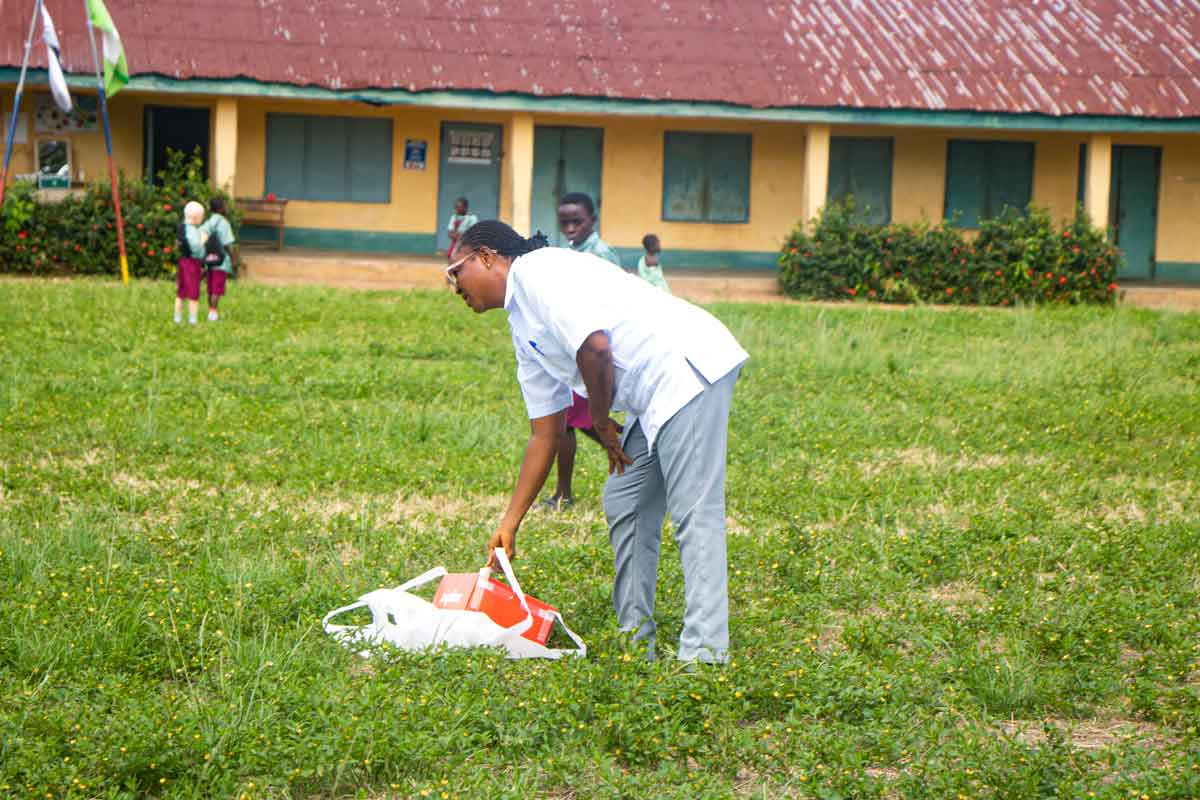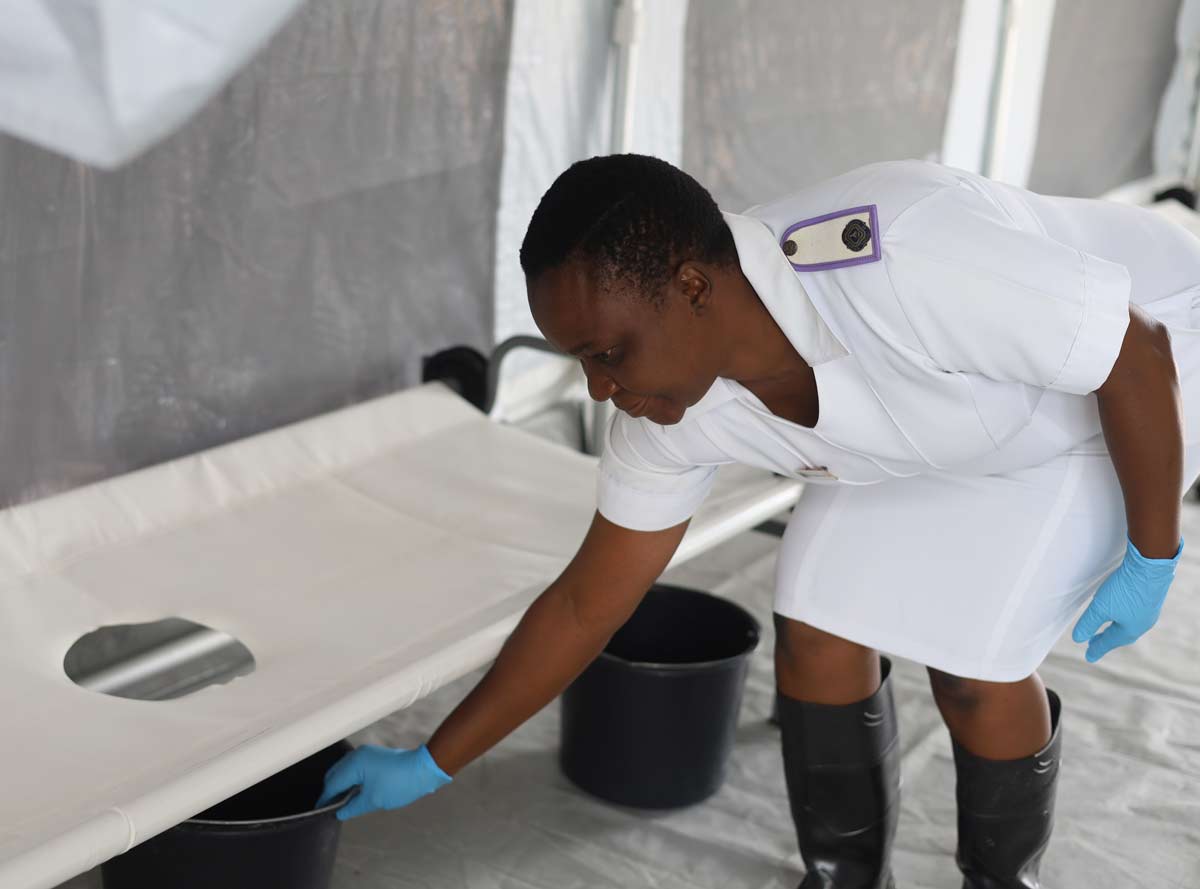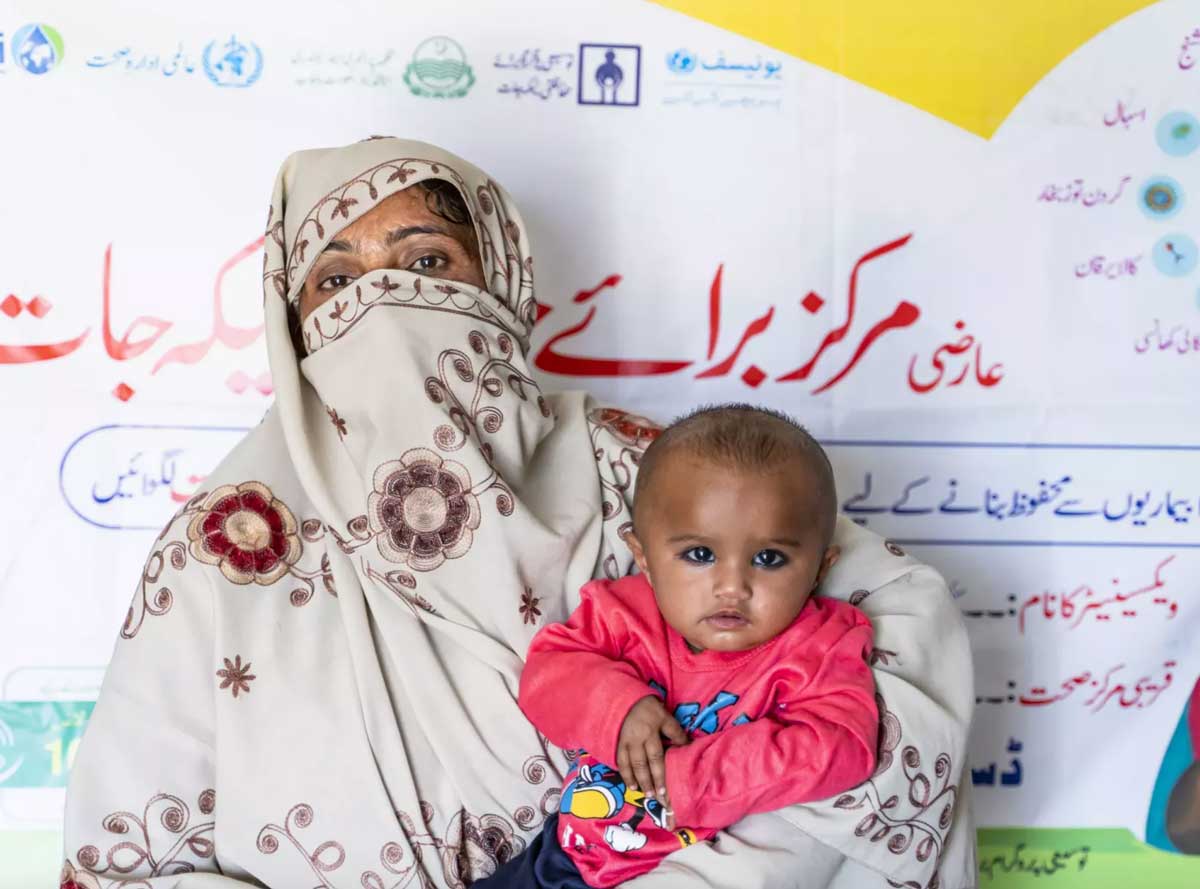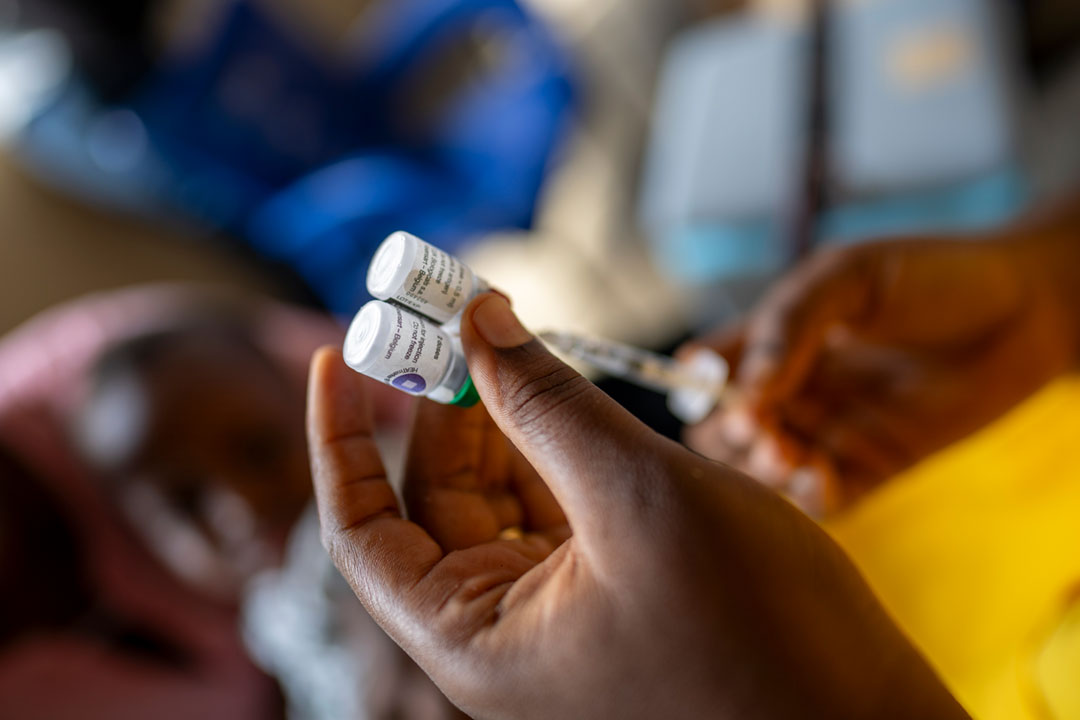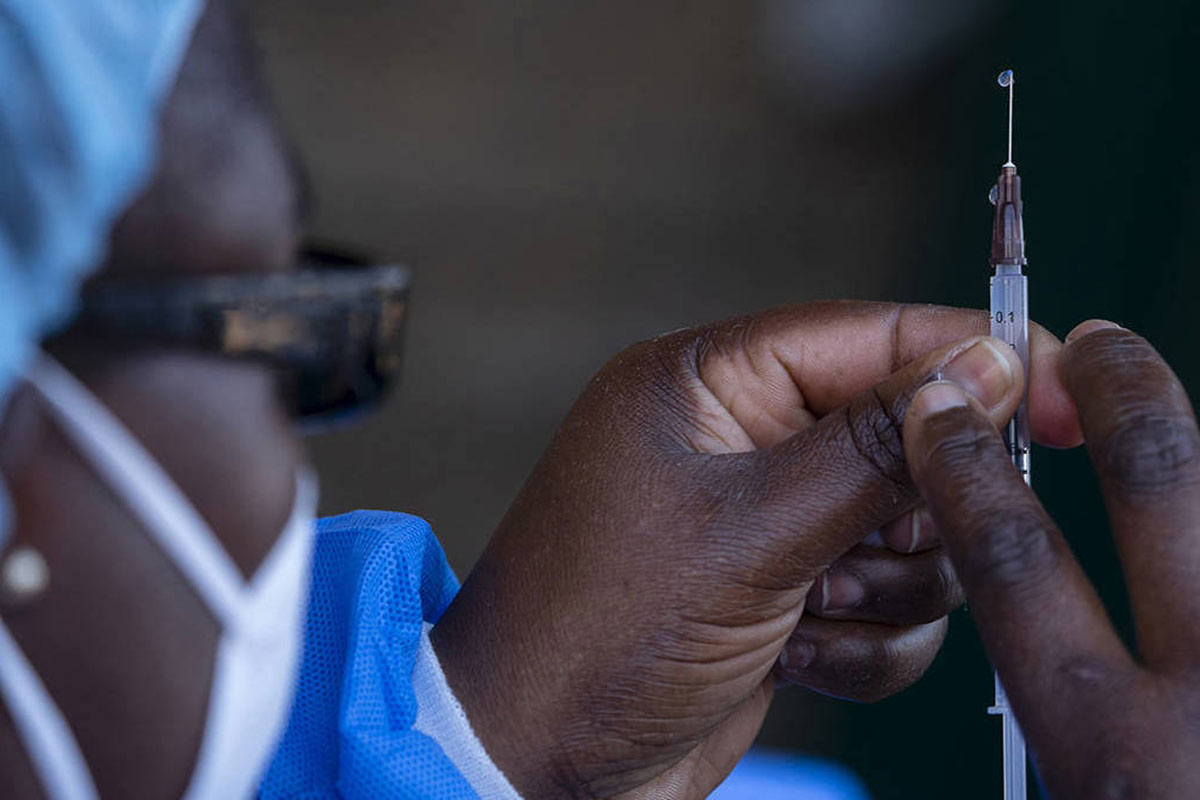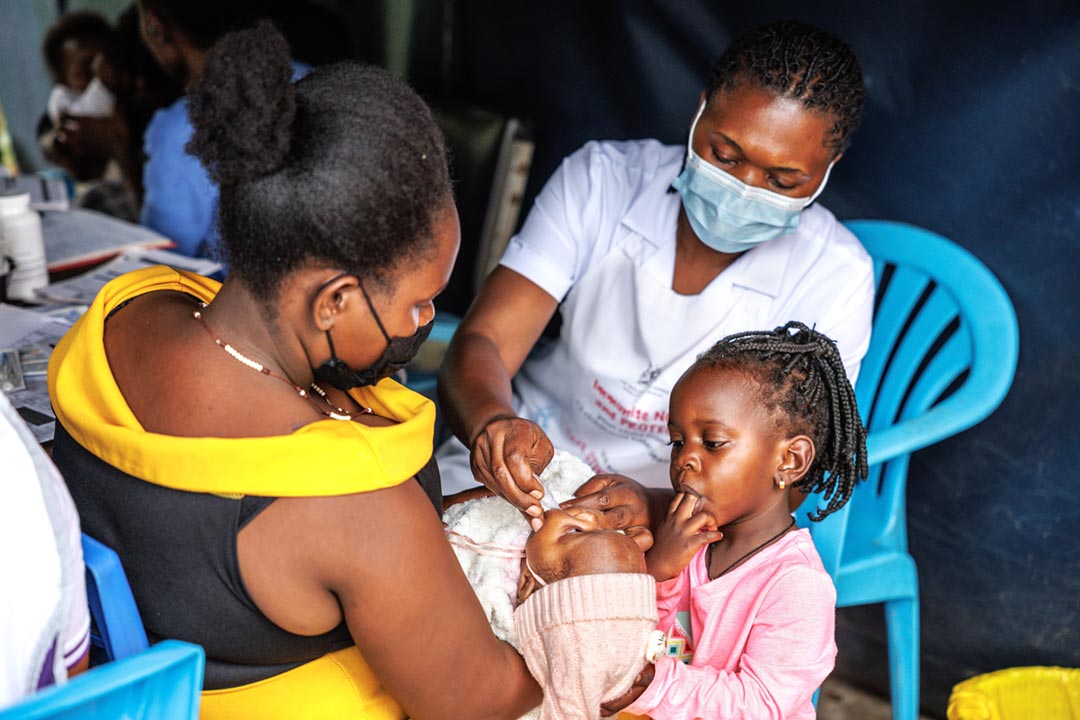An Ounce of Pandemic Prevention
The global response to the coronavirus pandemic, for all its flaws, has yielded impressive results by ignoring traditional bureaucratic and sectoral silos. That should spur us to raise our ambitions for global public health, with an emphasis on universal, equitable, and affordable access to quality care.
- 23 March 2021
- 5 min read
- by Project Syndicate
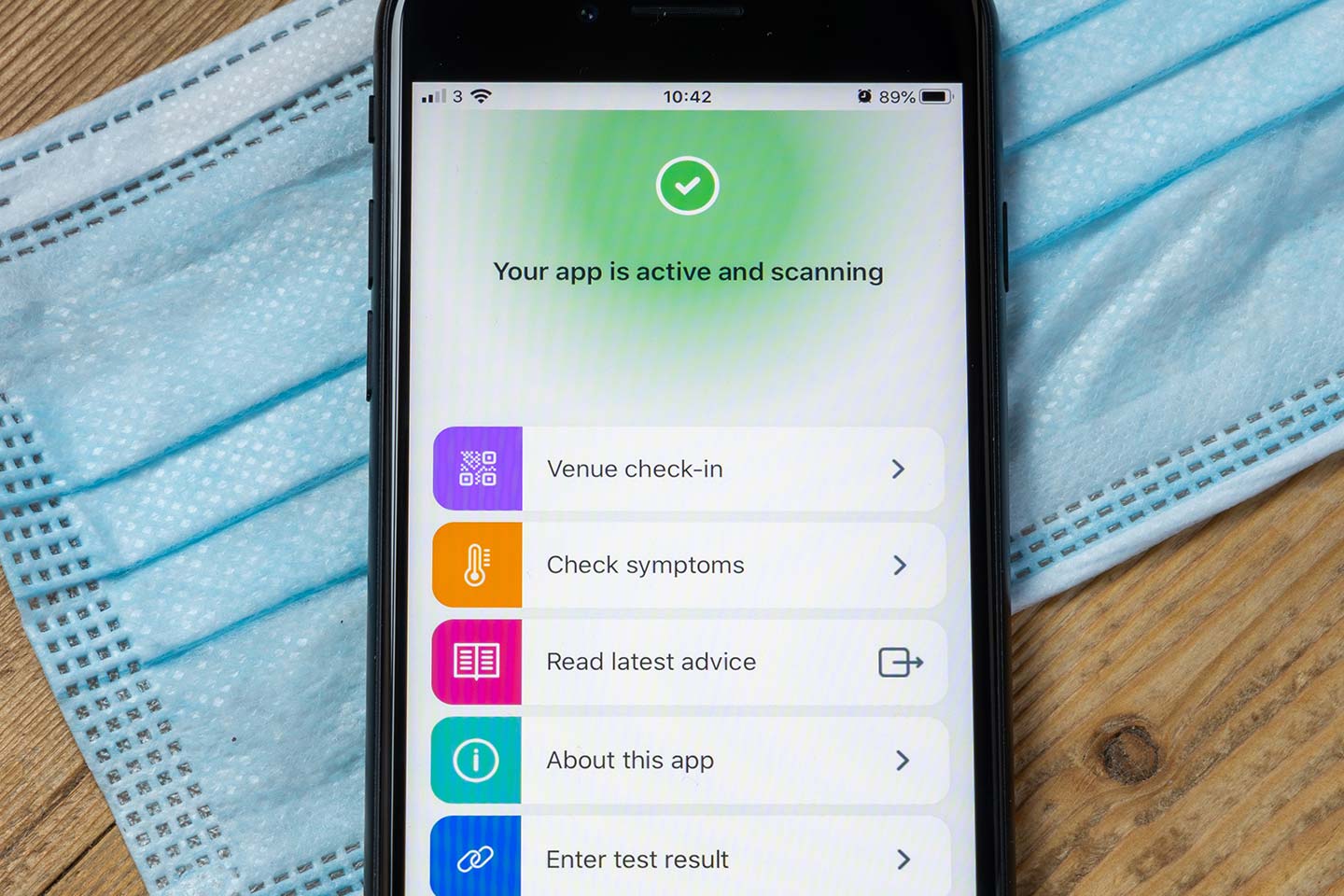
LONDON – With the COVID-19 vaccine rollout gaining momentum, world leaders have a chance to focus more on the future of public health. Both domestically and through multilateral organizations such as the G20, the G7, and the G77, the aim should be to strengthen the structures that proved so essential in managing the pandemic.
Much of our focus centers on technology. Powerful new digital and analytical tools now allow us to identify, manage, and recover from health emergencies faster than ever.
The World Health Organization, for example, played a critical role in marshaling disparate stakeholders behind a common purpose. Through collaborations like the groundbreaking Access to COVID-19 Tools (ACT) Accelerator, governments, multilateral organizations, corporations, and philanthropists have helped to deliver vaccines, therapeutics, and diagnostics to parts of the world that lack them.
Indeed, we have witnessed an unprecedented level of international, public-private, and private-to-private collaboration during the pandemic. When there was an urgent need for contact-tracing apps, large tech competitors put their rivalries aside to work toward a solution with public-health agencies. The rapid development, testing, and production of vaccines has been a cross-industry undertaking involving governments, academic institutions, start-ups, and large pharmaceutical companies. The same goes for data collation and disease forecasting, which has involved a mix of academia, the tech sector, and government agencies.
Ignoring traditional bureaucratic and sectoral silos has yielded impressive results that should spur us to raise our ambitions for global public health. Ensuring universal, equitable, and affordable access to good health care is crucial for long-term prosperity. But today’s health organizations on their own cannot produce the digital and economic tools that we need to achieve such goals. Many of these tools originate outside of the health sector, and require financing, innovation, and know-how from a wide range of sources in order to be deployed effectively.
That is why the three of us are now working with a wide range of partners to build on the collaborative momentum generated by the pandemic. The immediate task is to identify specific ideas and solutions that should be implemented immediately as part of the recovery from the crisis.
Have you read?
Much of our focus centers on technology. Powerful new digital and analytical tools now allow us to identify, manage, and recover from health emergencies faster than ever. True, such tools often face social and cultural obstacles, such as a lack of trust between the public and proprietary data holders, or between government, academic, and commercial organizations. And deploying new tools is even more difficult when data sets are scattered and established practices are deeply entrenched. But, again, the pandemic has shown us that old habits and silos can be broken when the situation demands it.
When it comes to identifying and managing infectious-disease outbreaks, we know from the recent Ebola, Zika, and COVID-19 crises that some indicators have more predictive power than others. By monitoring sewage, social media, mobility data, or crowdsourced reports, we can identify threats much faster than the traditional microbiology-surveillance system did. (And some groups are even exploring whether routine blood-count data could have predictive potential.)
These new digital tools are comparatively cheap, easy to use, and well suited to protect or anonymize personal data. But there will need to be much more investment to expand their global uptake before the next potential pandemic emerges.
Just as private investors look for opportunities to generate long-term savings as a way to increase returns, so, too, should those who make public-investment decisions. Everyone recognizes that public investments in infrastructure or skills acquisition are needed to enhance long-term productivity. In many countries, public funding continues to flow in this direction even during times of fiscal austerity. Yet when it comes to health, most countries seem all too willing to let illnesses develop and then pay the bill for expensive cures.
Virtually every developed country’s health-care system undervalues and underprices diagnostic and risk-assessment tools. Of the $40 billion the world spends on development assistance for health every year, a paltry $374 million goes to pandemic preparedness. Yet by paying more for prevention today, we could avert costs orders of magnitude higher in the future.
Sustained funding for global public goods such as vaccines, diagnostics, sanitation, surveillance, and modeling tools must be one of the policy legacies of the pandemic. The benefits from these investments far exceed their individual costs. They represent a capital investment in health that will deliver far-reaching productivity gains over the long run.
Real change will require real reforms to hardwire this investment logic into all health spending. For example, fiscal accounting rules should be revised to distinguish clearly between health investment and consumption spending.
At the international level, governments should follow the model of the post-2008 Financial Stability Board and launch a Public Goods Stability Board to focus on global public health and climate change, and to direct more funding toward assets that boost resilience and long-term prosperity. Finally, it is time to update the International Monetary Fund’s Articles of Agreement to make health a constituent part of the organization’s routine economic-monitoring function.
We are pursuing these ideas within our respective organizations, and we invite others to do the same. Ultimately, the right solutions will come from innovators far and wide. The more minds we can bring into the mix, the better our chances of preventing the next crisis will be.
Authors
Sally C. Davies is Master of Trinity College, Cambridge and Chair of The Trinity Challenge.
Jeremy Farrar is Director of the Wellcome Trust and an adviser to the G20 High Level Independent Panel on financing the Global Commons for Pandemic Preparedness and Response.
Jim O’Neill, a former chairman of Goldman Sachs Asset Management and a former UK treasury minister, is Chair of Chatham House and a member of the Pan-European Commission on Health and Sustainable Development.
ORIGINAL ARTICLE
This article was first published by Project Syndicate on 23 March 2021. Copyright: Project Syndicate, 2019. www.project-syndicate.org
More from Project Syndicate
Recommended for you



